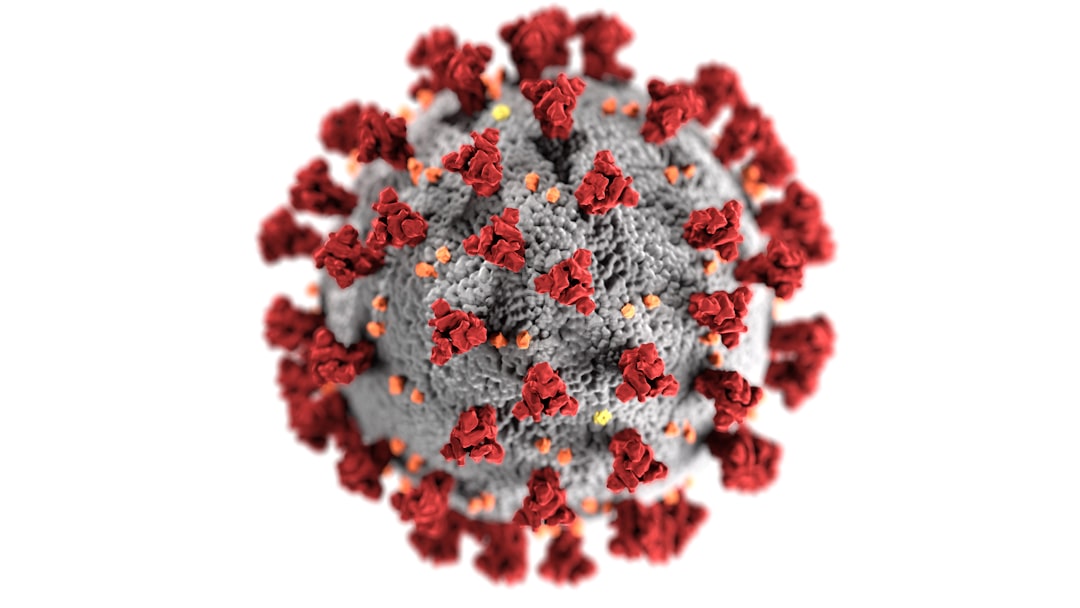What is it about?
Since the year 2000, research papers and books about gene-nutrient interactions and Nutrigenomics have increased from a trickle to a substantial flow of new knowledge. This knowledge looks likely to change the way nutritional medicine is practiced in the future, putting the emphasis on “personalised medicine”, which aims to treat individuals according to their individual genetic profile, taking into account gene-nutrient interactions that differ from person to person.
Featured Image

Photo by National Cancer Institute on Unsplash
Why is it important?
Personalized medicine may well be the driving force in the future of clinical and preventive medicine. However, there is much more research still needed before it can be put into practice. Although pharmacogenomics (individual differences in responding to pharmaceuticals such as statins) is very important, this conference was concerned with variations in gene-nutrient interactions. Speaker after speaker outlined their contribution to this research. One simple example was an adverse genetic variation in susceptibility to bowel cancer that could lead to a warning that avoiding cruciform vegetables (cabbage, broccoli, water cress etc) would be a big mistake!
Perspectives
Since I attended this conference in 2003 personalized medicine has become an area of controversy. Direct to consumer testing has been criticised as being thin on scientific evidence and a misleading gimmick. However, the body of scientific evidence is slowly growing and is particularly strong in areas such as dementia risk, vitamin B9 (folate) metabolism and cholesterol metabolism.
Dr John Anthony Alvan Nichols
Royal Society of Medicine
Read the Original
This page is a summary of: The Second International Nutrigenomics Conference: From Nutrigenomics to Nutritional Systems Biology, Journal of Nutritional & Environmental Medicine, December 2004, Taylor & Francis,
DOI: 10.1080/13590840500088503.
You can read the full text:
Contributors
The following have contributed to this page










